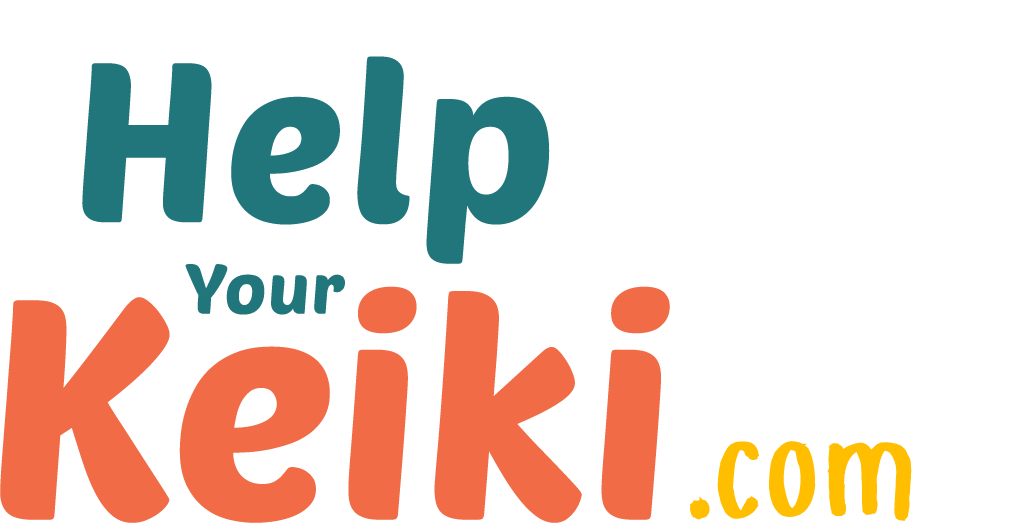Activity-Scheduling
Taking time to allow clients to identify and take part in fun activities outside of therapy when they want to feel good is important. The goal of activity-scheduling is to encourage continued participation in rewarding and healthy experiences, and to help youth build positive relationships and friendships.
“What should my therapist be doing?”
Explaining to your child how doing different activities affects their feelings
Brainstorming some activities that your child can do to boost their mood
Providing some kind of demonstration to your child about the mood-boosting effects of engaging in pleasant activities
Encouraging your child to engage in enjoyable behaviors when feeling depressed after initial therapy session
“What should I be doing?”
Encouraging your child to engage in fun, new activities (e.g., playing sports)
Participating in your child’s activities
Praising and supporting your child for engaging in positive activities
“How will I know if it is working?”
Overall improvement in your child’s mood
Your child is more willing to engage in the proposed activities
Try it Yourself: How-to Guides and Other Resources
Guided Self-Management Tools for Depression (Boston Children’s Hospital): See pages 7-9 for an interactive handout that helps children ages 6 to 12 and their caregivers understand and manage depression through practical, self-paced activities.
Tools for Children: This is the story of Drew, who is learning about doing fun activities to help improve how they’re feeling. When we’re feeling down, we often stop doing activities that we normally enjoy doing. But doing more of the activities we like can actually make us feel better and give us more energy! Watch Drew’s story to learn more.
Tools for Teens: This is the story of Adrian who is learning about increasing favorite activities to help cope with anxiety and stress. Often, when we’re stressed or feeling down, we participate less in activities than we normally would. But doing more of the activities we enjoy can actually help reduce stress and give us more energy! Watch Adrian’s story to learn more.





















